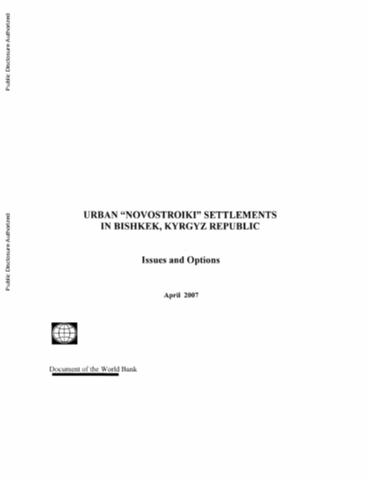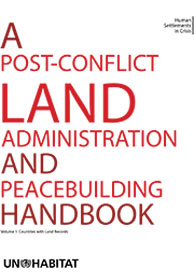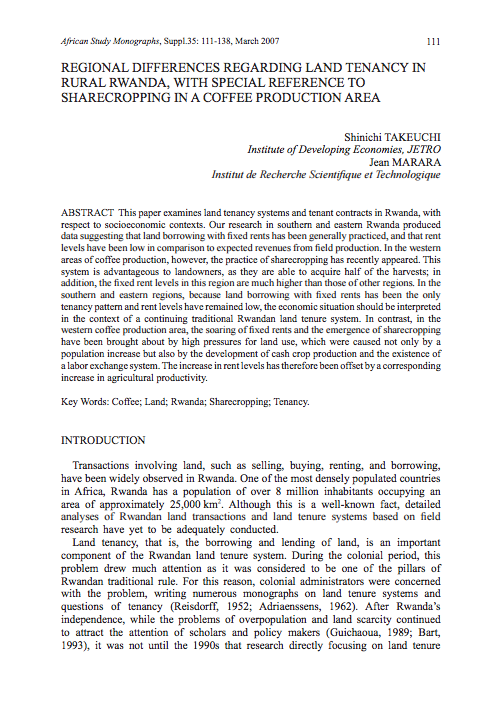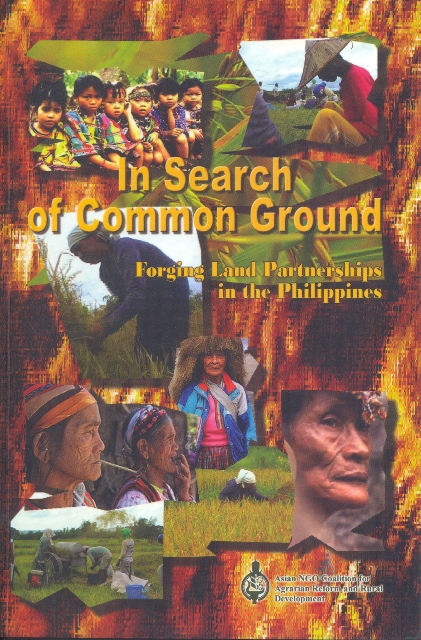Gender and Economic Empowerment in Africa, 8th Meeting of the Africa Partnership Forum, Berlin, Germany, 22-23 May 2007
There are multiple obstacles to the economic empowerment of women in Africa. For example, limited access to productive resources such as land, seed and fertiliser means that women may be unable to benefit from the expansion of trade in agricultural products. In fact, it has been calculated that agricultural productivity could increase by up to 20 percent if women's access to these resources were equal to men's.








